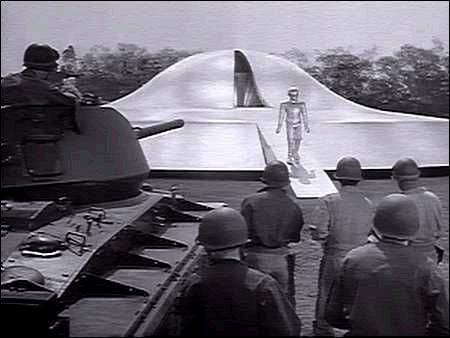
- I've had a copy of this since February, but have put it off for no good reason, until now.
- Built on consciously coincidental contrivances, Fatih Akin's latest is similar to the Dardennes' films in the way it presents conventions and then gracefully goes in a completely direction than you're trained to expect. while it is a film about extreme coincidences, it's loose enough that it's believable because, in the words of Stanley Spector, this happens sometimes.
- Comparisons can also be drawn to Babel, in that the film connects many different people and a key set piece is a gun. The Edge of Heaven is much less heavy-handed about this than Inarritu's film, and so it's fitting that this film ends not with a bang but with a sigh.
- I don't think this was a very good collection of my thoughts, so I'll keep going a bit. The acting across the board is very fine, the only actor of note being former Fassbinder leading lady Hanna Schygulla, who is especially affecting in her limited screen time. The film's cinematography is very humble, showing what needs to be shown and focusing on its content moreso than style. The locations are what makes the atmosphere so brilliant, effectively painting a picture of both Germany and Turkey.
8/affectingly unconventional sketch of the way humans connect with each other, if not through life than through death





